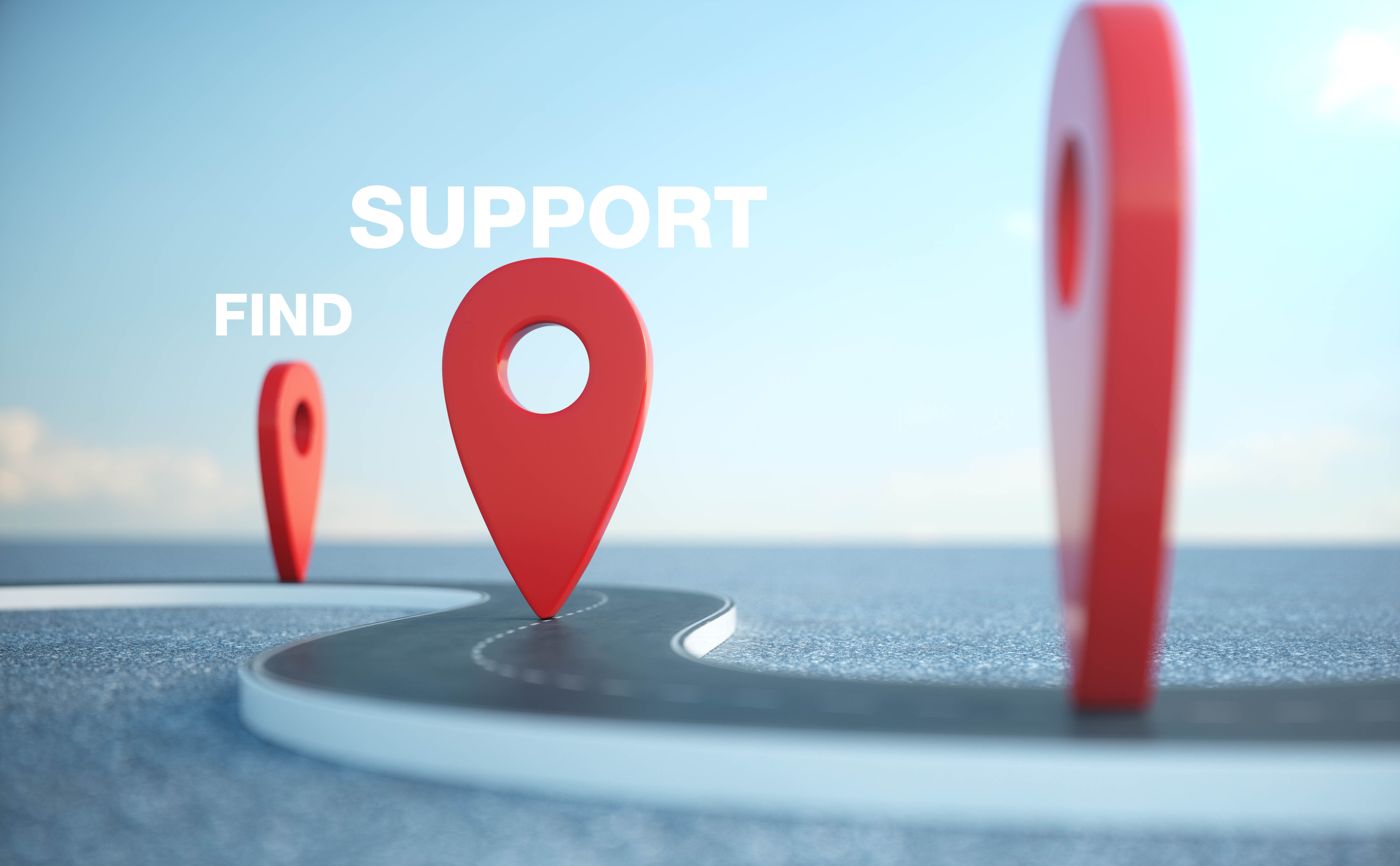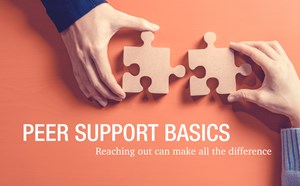By Daniel Lakoff, MD, MBA, MS, FACEP, and Angela Chen, MD
As a physician, finding the right medical doctor to care for ourselves is difficult. Not only do we encounter the usual challenges of finding someone who is accepting new patients, accepts our insurance, and is conveniently located nearby, but we have the additional challenge of delegating our personal care to another physician and becoming the patient. With that extra task, we have to find a one that meets our competence threshold and that we feel comfortable with. While we can ask around for referrals from our friends and family, the process can be time-consuming and frustrating.
Now, consider searching for a mental health provider while you’re not feeling emotionally, psychologically or physically well. Given the underserved stigma surrounding mental health, you might feel reluctant to ask your friends or family for a referral. And once you finally find one, you’ll be confronted with the additional task of assessing their skillset as a mental health specialist and if they are experienced enough to be treating you as a patient.
In this scenario, the process can be isolating, and with a limited emotional bandwidth, can be even more exhausting and frustrating. The mental undertaking it takes to find and see a mental health specialist can detract physicians who are already constrained by time and a heavy mental load to seek help.
It is easy to see how the situation described above can lead to the individual impulsively giving up the search, leaving them at risk while at their most vulnerable. This makes it incumbent on local wellness champions for both emergency departments and residency programs to craft their own mental health care map as a grass-roots initiative.
The map provided should act as a framework to fill in with details specific to your community and can be shared with the entire team. The map lays out where to seek care for different situations such as whether someone is in a crisis and in need of immediate access to care and doesn’t want to go to their own hospital, or if it is a non-emergent situation and they’d like to establish care.
Download our institutional mental health support map checklist and sample.
Building this map will force you to think about establishing relationships and processes for these special situations with nearby hospitals, as well as mental health care providers who are willing and know how to take care of other physicians. Though the process may expose gaps, recognizing them early will provide opportunity to find creative solutions to shore them up.
To many emergency docs, putting this process in place may seem like the responsibility of the institution, but that shouldn’t stop us from doing what we do best - finding the workaround and just getting it done. This is too important, and it may save your life or a colleague’s.
We deal with death, disease, violence, abuse, addiction and other major problems of the community with external equanimity. However, internally, many physicians don’t have the outlet or ability to offload the cognitive burden of their day to day work and experience secondary trauma of bearing witness to difficult life situations.
There is an occupational hazard in emergency medicine, and we must do better to make it easier to offload the burden. Making it easier to find a mental health provider is just one way we can help. We should put to rest the common refrain “they’re adults and can take care of themselves”, and recognize that we can curate a safer environment for ourselves.
Dr. Lakoff is Assistant Professor of Emergency Medicine and Associate Director at NYC HEALTH + HOSPITALS | Harlem Hospital.
Dr. Chen is Assistant Professor of Emergency Medicine and Assistant Residency Director at Mount Sinai Hospital, NY.





